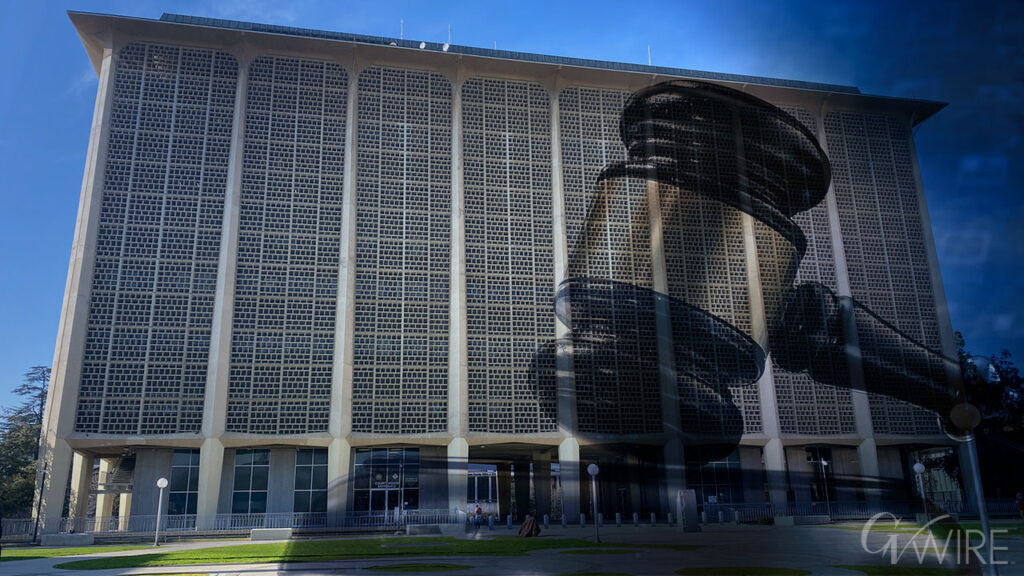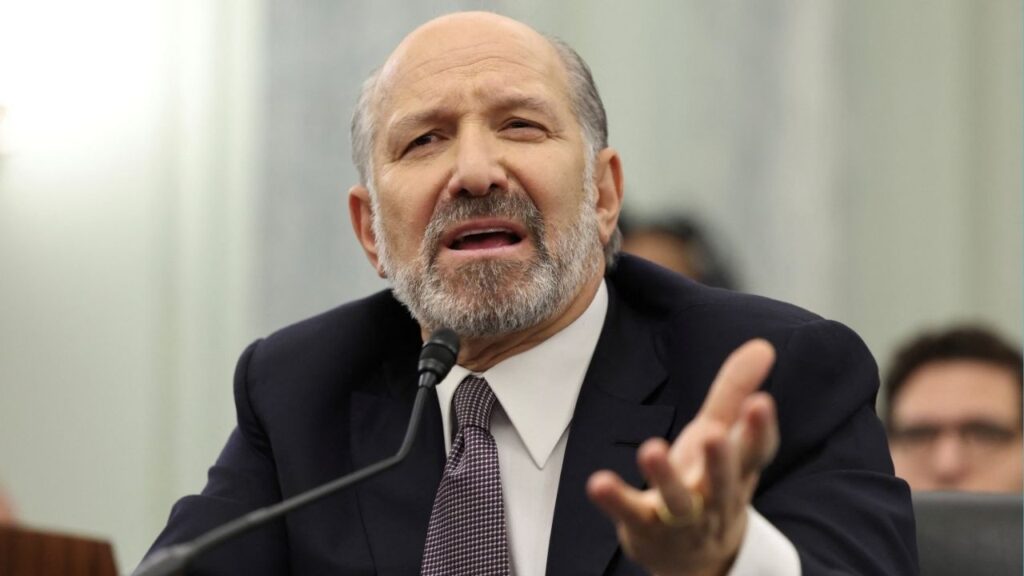Share
WASHINGTON — The Supreme Court says federal courts have no role to play in policing political districts drawn for partisan gain. The decision could embolden political line-drawing for partisan gain when state lawmakers undertake the next round of redistricting following the 2020 census.
The court rejected challenges to Republican-drawn congressional districts in North Carolina and a Democratic district in Maryland.
The decision was a major blow to critics of the partisan manipulation of electoral maps that can result when one party controls redistricting.
Dissenters Call It a Constitutional Violation
Chief Justice John Roberts said for the majority that the districting plans “are highly partisan by any measure.” But he said courts are the wrong place to settle these disputes.
In dissent for the four liberals, Justice Elena Kagan wrote, “For the first time ever, this court refuses to remedy a constitutional violation because it thinks the task beyond judicial capabilities.”
Federal courts in five states concluded that redistricting plans put in place under one party’s control could go too far and that there were ways to identify and manage excessively partisan districts. Those courts included 15 federal judges appointed by Republican and Democratic presidents reaching back to Jimmy Carter.
But the five Republican-appointed justices decided otherwise.
The decision effectively reverses the outcome of rulings in Maryland, Michigan, North Carolina and Ohio, where courts had ordered new maps drawn and ends proceedings in Wisconsin, where a retrial was supposed to take place this summer after the Supreme Court last year threw out a decision on procedural grounds.
Battle Over Gerrymandering Isn’t Over
Proponents of limiting partisan gerrymandering still have several routes open to them, including challenges in state courts. There is a pending North Carolina lawsuit.
The North Carolina case has its roots in court decisions striking down some of the state’s congressional districts because they were illegal racial gerrymanders.
When lawmakers drew new maps as a result, Republicans who controlled the legislature sought to perpetuate the 10-3 GOP advantage in the congressional delegation. Democratic voters sued over the new districts, complaining that they were driven by partisan concerns.
The voters won a lower court ruling, as did Democrats in Wisconsin who challenged state assembly districts. But when the Supreme Court threw out the Wisconsin ruling on procedural grounds that did not address the partisan gerrymandering claims, the justices also ordered a new look at the North Carolina case. A three-judge court largely reinstated its ruling.
In Maryland, Democrats controlled redistricting and sought to flip one district that had been represented by a Republican for 20 years. Their plan succeeded, and a lower court concluded that the district violated the Constitution.
The high court agreed to hear both cases.
RELATED TOPICS:
Categories

Overwatch Down for Thousands of Users, Downdetector Reports


















